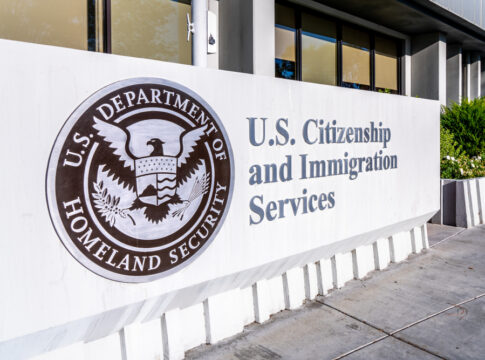The deportation of an MS-13 gang member to El Salvador by ICE has resulted in a complex legal battle involving federal judges, the Supreme Court, and international diplomatic tension. Kilmar Abrego Garcia was deported to El Salvador in disregard of a court order issued in 2019. The Trump administration accused him of belonging to the MS-13 gang, a charge he and his family deny.
The Deportation Controversy Raises Legal Questions
Kilmar Abrego Garcia’s case has raised concerns about the Trump administration’s immigration enforcement priorities. Abrego Garcia lived in Maryland for 13 years before being deported to El Salvador in March 2023, despite a 2019 court order that prohibited his deportation. The administration claims he is a member of MS-13, one of the most dangerous transnational criminal organizations, but his attorneys and family strongly deny this.
According to records, Abrego Garcia has no US criminal convictions. His first interaction with authorities occurred during a 2019 arrest for “loitering” while looking for day labor work. He was previously granted withholding of removal by an immigration judge based on a “well-founded fear of future persecution” from gangs in El Salvador, which should have prevented his deportation.
🚨Abrego Garcia is a compulsive domestic abuser.🚨
This is who the Democrats want to stay here.
The liberal media doesn't want anyone to see this. pic.twitter.com/MPejufwlZz
— Gunther Eagleman™ (@GuntherEagleman) April 16, 2025
A dispute over gang affiliation is central to the case
According to court documents, the administration’s claims about Abrego Garcia’s MS-13 membership appear to be lacking in substantive evidence. His attorneys claim that the accusations are based on hearsay and clothing choices rather than concrete evidence of gang activity. Department of Homeland Security officials also accused him of human trafficking, but no formal charges were ever filed.
Abrego Garcia spent time in prison in El Salvador after being deported. Senator Chris Van Hollen met with him during his temporary release from the Salvadoran prison. The meeting provided Abrego Garcia with a rare opportunity to communicate with someone outside the prison system since his deportation. Despite this brief release, Salvadoran President Nayib Bukele has stated that Abrego Garcia would return to prison, claiming it was necessary.
96% of media coverage of Kilmar Abrego Garcia is positive.
96% of media coverage of Elon Musk is negative.
One man was an illegal gang member the other man is exposing government theft.
So telling… pic.twitter.com/6cqTAfAmki
— C3 (@C_3C_3) May 1, 2025
Questions about evidence and international complications
The federal courts have taken significant action to address what appears to be a breach of judicial orders. A federal judge and the Supreme Court ordered the Trump administration to expedite Abrego Garcia’s release and provide documentation of their efforts to return him to United States. His wife has filed a federal suit against the administration. The deportation is being challenged directly as a violation of the court order issued in 2019.
The case highlights the conflict between aggressive immigration enforcement policies and legal protections for immigrants who have made legitimate claims for protection. Abrego Garcia’s case demonstrates how immigration enforcement decisions can have far-reaching consequences for families and individuals. His fate remains unknown as legal proceedings continue, with his lawyers and family advocating for his return to Maryland, where he has lived for more than a decade.


